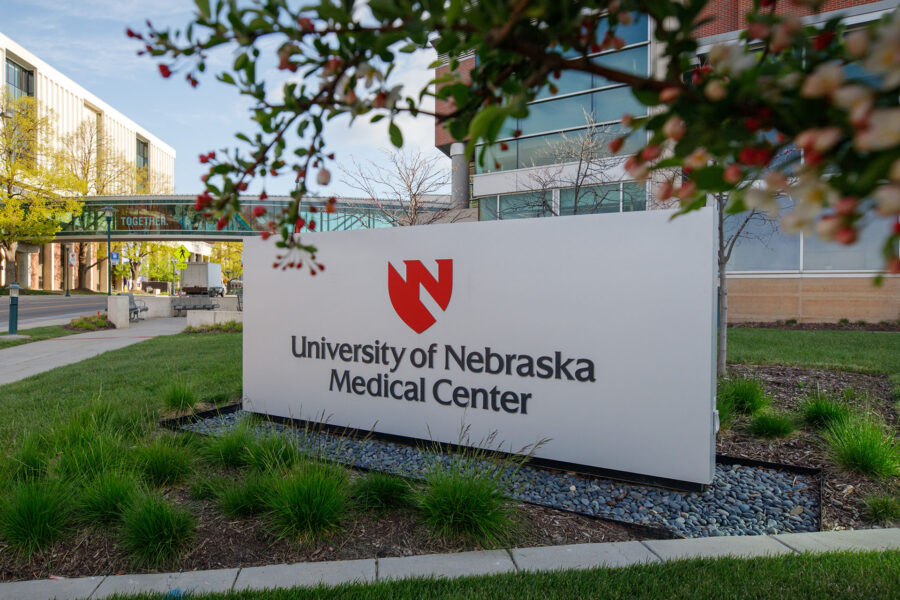The University of Nebraska-Lincoln and the University of Nebraska Medical Center are one step closer to joint accreditation following action by the University of Nebraska Board of Regents on Nov. 21.
At the meeting, the board unanimously approved a motion granting the joint accreditation and delegating to NU President Jeffrey P. Gold, MD, the authority to determine the final effective date of the new joint accreditation.
“Joint accreditation more accurately reflects what UNL and UNMC already are — extraordinary institutions providing world-class education and conducting research that changes lives,” said Dr. Gold. “I commend the Board of Regents for its work in moving this forward and in taking this important step of affirmation.”
H. Dele Davies, MD, interim chancellor for UNMC, said he was supportive of joint accreditation and also was appreciative that each campus would retain its own faculty, staff and student leadership groups, as well as its distinct academic offerings.
“Both UNMC and UNL have distinct missions,” Dr. Davies said. “The joint accreditation will allow the two universities to collaborate more fully to expand and improve educational and research pathways while also enhancing our national reputation.”
Last year, the University of Nebraska submitted an application to the Higher Learning Commission, an accrediting body for U.S. colleges and universities, seeking joint accreditation of its flagship and medical campuses. The commission visited Nebraska in June and approved the university’s application on Nov. 6. The next step is for the university to ensure a smooth transition of student aid awards.
Joint accreditation means key institutional metrics such as enrollment, degrees awarded, faculty honors and research spending would be reported together. This unified reporting will immediately strengthen the university’s national rankings and reputation and create new opportunities for faculty and students.
For example, combined data place UNL and UNMC 55th nationally in total research expenditures. Graduation rates would improve by eliminating the reporting gap that occurs when UNL students transfer to the UNMC College of Nursing and other UNMC undergraduate programs.
Joint accreditation will also align the University of Nebraska’s structure with that of its peers and create new opportunities for enhanced collaboration between the two campuses.
During the meeting, members of the board voiced strong support for the joint accreditation.
“I think this is a huge step in the right direction for this university,” said Regent Rob Schafer of Beatrice.
Sam Schroeder, student regent at the University of Nebraska at Kearney, said he was excited about what this could mean for his campus, even though UNK is not directly impacted by the joint accreditation decision.
“This is definitely a situation where a rising tide lifts all ships,” he said.
Regent Barbara Weitz of Omaha said that for some longtime members of the UNL and UNMC communities, the shift to joint accreditation may seem bittersweet. But she said she believed it was the right thing to do, especially during a time of change—not just across the University of Nebraska but across higher education as a whole.
“I look to this as the future,” she said. “This is where we have to go.”
The Lincoln and Medical Center campuses shared accreditation from 1913 until 1968. The Nov. 21 board action brings the two campuses a step closer to their previous model, while maintaining the individual identity and focus of each campus. Additional details will be shared as the final process moves forward.
